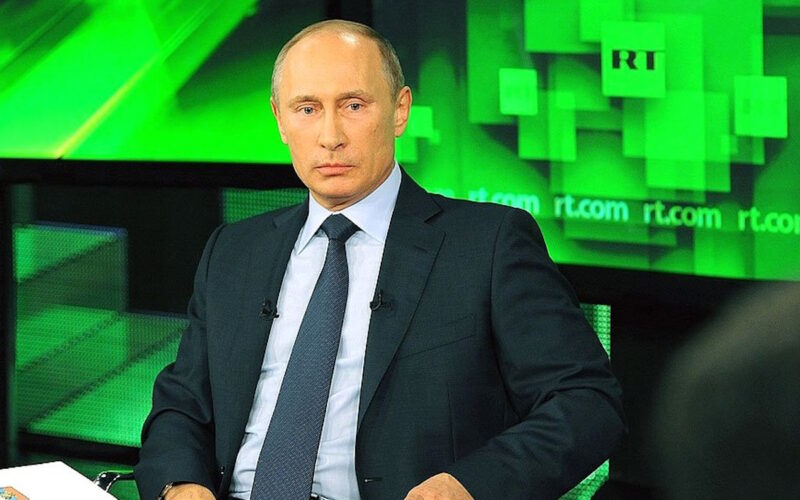The United States has imposed sanctions on Russian media that engage in propaganda and attempt to change the opinions of US citizens.
On September 4, the Department of the Treasury’s Office of Foreign Assets Control (OFAC) added 10 individuals and two organizations to its sanctions list as part of the US government’s response to Moscow’s attempts to influence the 2024 US presidential election.
Sanctions were imposed on Margarita Simonovna Simonyan, head of the RT TV channel in Russia (formerly known as Russia Today), and five of her employees.
RT owns a network of television channels in English, Arabic, Spanish, French and German, as well as online portals in seven other languages, including Chinese and Serbian. RT also has a presence in China via social media platforms such as Weibo, Bilibili and Douyin. Margarita Simonyan is known for making statements such as “Russia will defeat Ukraine in two days”.

Simultaneously with the OFAC statement on sanctions against Margarita Simonyan, the US Department of Justice announced that in the Southern District of New York an indictment has been released against two Russian citizens — RT employees, Konstantin Kalashnikov and Elena Afanasyeva. They are accused of violating the law on registration as foreign agents and conspiring to launder money. Both Kalashnikov and Afanaseva are at large.
According to the US Justice Department, RT and its employees, including Kalashnikova and Afanasiev, have transferred about $10 million to secretly fund and manage a video production company based in Tennessee on TikTok, Instagram, and YouTube.
“Many of the videos posted by U.S. Company-1 contain commentary on events and issues in the U.S., such as immigration, inflation, and other topics related to domestic and foreign policy. While the views expressed in the videos are not uniform, most are directed to the publicly stated goals of the Government of Russia and RT — to amplify domestic divisions in the United States,” noted the Justice Department in a statement.
Kalashnikov and Afanasyev, if they end up in American justice’s hands, face up to 20 years in prison.
The sanctions against RT leadership and the statement from the Justice Department have probably already started to take effect.
On September 5, Scott Ritter, a former US intelligence marine, refused to cooperate with RT. He was preparing articles for RT, the last one being called “Russia has never tried to impose any narrative on me, unlike the West.”
“I am fully committed to obeying US law, and as such will be terminating all contractual relationships with both RT and Sputnik effective immediately, as well as suspending my participation in any and all media interaction with sanctioned individuals and organizations until which time it is deemed lawful to do so by US authorities,” Scott Ritter said on his Telegram channel.

In addition to RT, the United States imposed sanctions against the hacker group RaHDit, which consists of current and former employees of Russian intelligence, and its members Alexei Alekseevich Garashchenko, Anastasia Igorevna Ermoshkina, and Alexander Vitalievich Nezhentsev.
OFAC also imposed sanctions against the Autonomous non-profit organizations Dialog (ANO Dialog) and Dialog Regions (ANO Dialog Regions), as well as against their head, Vladimir Grigoryevich Tabak.
In July 2022, ANO Dialog and Tabak provided services to the Russian government by working on a project to create fake online posts on popular social media accounts.
In Russia, ANO Dialog owns Regional Management Centers, created at the suggestion of Russian President Vladimir Putin. In each region of Russia, these centers monitor the online communication of the authorities with ordinary people, spreading the position of the Russian authorities on social networks and media.

Vladimir Tabak began his career in propaganda in 2010, when he released a calendar with half-naked students of the Moscow State University Journalism Faculty congratulating Vladimir Putin.




